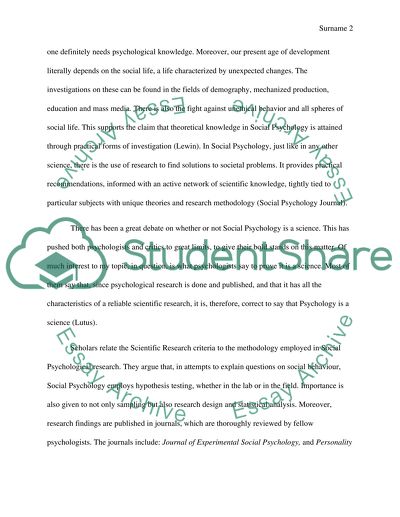Cite this document
(“Place of Social Psychology in Systems of Science and Knowledge Coursework”, n.d.)
Place of Social Psychology in Systems of Science and Knowledge Coursework. Retrieved from https://studentshare.org/psychology/1437022-place-of-social-psychology-in-system-of-scientific
Place of Social Psychology in Systems of Science and Knowledge Coursework. Retrieved from https://studentshare.org/psychology/1437022-place-of-social-psychology-in-system-of-scientific
(Place of Social Psychology in Systems of Science and Knowledge Coursework)
Place of Social Psychology in Systems of Science and Knowledge Coursework. https://studentshare.org/psychology/1437022-place-of-social-psychology-in-system-of-scientific.
Place of Social Psychology in Systems of Science and Knowledge Coursework. https://studentshare.org/psychology/1437022-place-of-social-psychology-in-system-of-scientific.
“Place of Social Psychology in Systems of Science and Knowledge Coursework”, n.d. https://studentshare.org/psychology/1437022-place-of-social-psychology-in-system-of-scientific.


